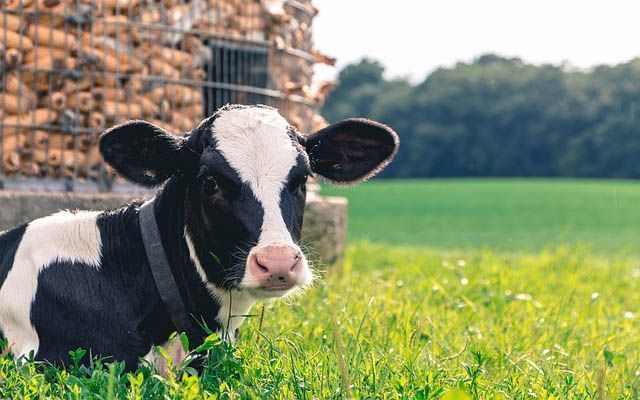Rising Input Costs and Dry Weather Dampen Australian Farmer Confidence: Rabobank Survey
Rising input costs and dry weather during the winter crop planting season have lowered confidence levels among Australian farmers, according to a quarterly survey by Rabobank published on Wednesday.

Australia, a major global exporter of agricultural goods, saw farm confidence rise earlier this year after widespread rains improved conditions. However, recent months have brought drying conditions to Tasmania and parts of Western and South Australia, threatening crop yields and diminishing pastures.
Rabobank's survey revealed that only 15% of Australian farmers expect the agricultural economy to improve in the coming year, down from 31% three months ago. Conversely, 36% of respondents anticipate worsening conditions, up from 16% in the previous poll, while 46% believe the situation will remain stable.
The survey was conducted before recent rains alleviated concerns in some dry areas.
Cotton growers emerged as the most optimistic group, buoyed by expectations of a favorable season and rising commodity prices, Rabobank noted.
Overall, confidence levels are similar to those typically seen during periods of significant and widespread dry weather, such as in 2023 and 2018-2019. "Although confidence has come down from the high levels we'd seen at the beginning of the year, overall conditions in the agricultural sector are still good," said Rabobank executive Marcel van Doremaele.
"There has been rainfall in many agricultural regions, setting up favorable planting conditions for the winter cropping season, while the potential development of a La Niña in the second half of the year holds additional promise," van Doremaele added.
La Niña, a weather phenomenon characterized by cooler sea surface temperatures in the Pacific Ocean, generally brings wetter conditions to eastern Australia.
"And commodity prices - while down from the very high levels seen a couple of years ago - are overall reasonable, for example in grain, dairy, and cotton," van Doremaele said.
Rabobank's survey revealed that only 15% of Australian farmers expect the agricultural economy to improve in the coming year, down from 31% three months ago. Conversely, 36% of respondents anticipate worsening conditions, up from 16% in the previous poll, while 46% believe the situation will remain stable.
The survey was conducted before recent rains alleviated concerns in some dry areas.
Cotton growers emerged as the most optimistic group, buoyed by expectations of a favorable season and rising commodity prices, Rabobank noted.
Overall, confidence levels are similar to those typically seen during periods of significant and widespread dry weather, such as in 2023 and 2018-2019. "Although confidence has come down from the high levels we'd seen at the beginning of the year, overall conditions in the agricultural sector are still good," said Rabobank executive Marcel van Doremaele.
"There has been rainfall in many agricultural regions, setting up favorable planting conditions for the winter cropping season, while the potential development of a La Niña in the second half of the year holds additional promise," van Doremaele added.
La Niña, a weather phenomenon characterized by cooler sea surface temperatures in the Pacific Ocean, generally brings wetter conditions to eastern Australia.
"And commodity prices - while down from the very high levels seen a couple of years ago - are overall reasonable, for example in grain, dairy, and cotton," van Doremaele said.
Key News of the Week











